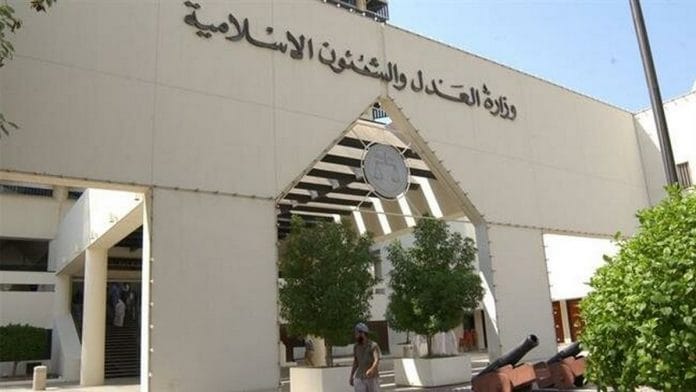Among 139 convicts, 69 were sentenced to life imprisonment
A Bahrain court convicted 139 people on charges related to terrorism and revoked the citizenship of all, but one.
Sixty-nine defendants were given life sentences, while the others got terms of between three and seven years.
The court ruled that the convicted persons were part of a new Iran-backed terrorist group called ‘Bahraini Hezbollah’. The state news agency reported that various terrorist groups have been unified under this banner.
International human rights agencies have questioned the legitimacy of this mass trial. “Today’s trial is a dark strain on Bahraini history and marks a tragic moment in the ongoing crackdown on civil liberties,” said Sayed Ahmed Alwadaei, Director of London-based Bahraini Institute of Rights and Democracy.
Since 2011, when the country faced severe civilian protests during the Arab Spring, it has unleashed a number of such mass trials.
Between 2012 and 2019, 990 people have lost their citizenship rights for alleged terrorism offences.
China registers slowest GDP growth in 27 years
The recently released official quarterly figures show China’s gross domestic product (GDP) grew at 6.4 per cent during the last quarter. This is the slowest growth rate China has registered since it started publishing its growth figures 27 years ago.
Currently, the Chinese economy faces several problems, including a trade war with the United States, slow domestic consumption growth, weak export demand, and a mounting debt.
Meanwhile, a recently released study by the US National Bureau of Economic Research suggested that compared to official figures, China’s GDP growth rate between 2010 and 2016 has been 1.8 per cent lower and the investment and savings rate have been 7 per cent lower.
Colombian capital is now home to Venezuela’s refugees
Colombian capital, Bogota, has become central to the Venezuelan crisis. The US has cut diplomatic ties with Venezuela, and starved Venezuelan refugees fearing persecution have been fleeing to Colombia.
These developments have made Bogota the spot for intelligence gathering, confidential meetings, and plotting against the Venezuelan regime.
An article by Bloomberg looks at how Bogota has changed during the Venezuelan crisis.
In other news:
Netanyahu set to be asked to form the new Israeli government, Financial Times
Army chief says ‘time running out’ to resolve Algerian crisis, Al Jazeera
China must not assume it will overtake US as top superpower, warns former commerce minister, South China Morning Post






